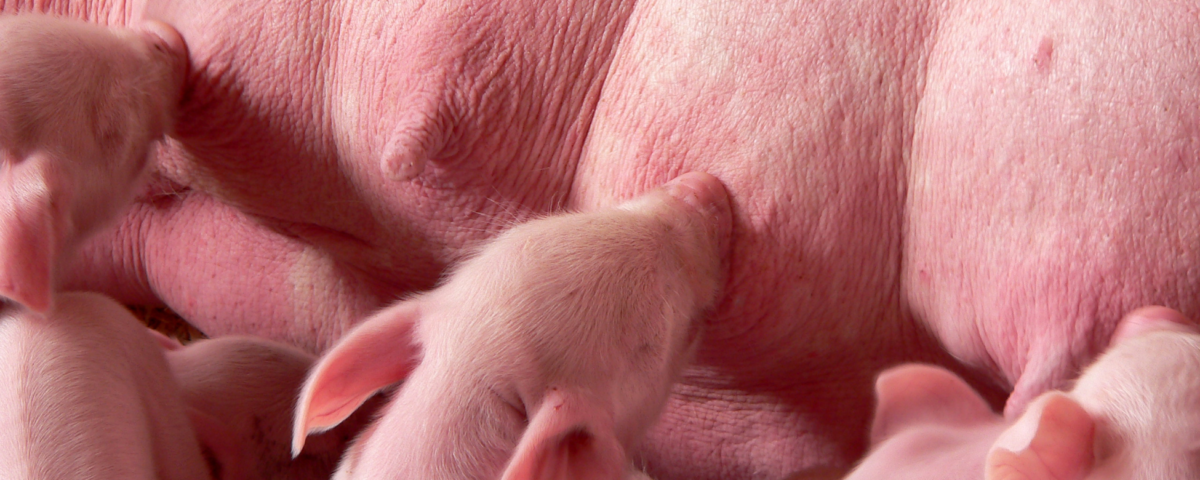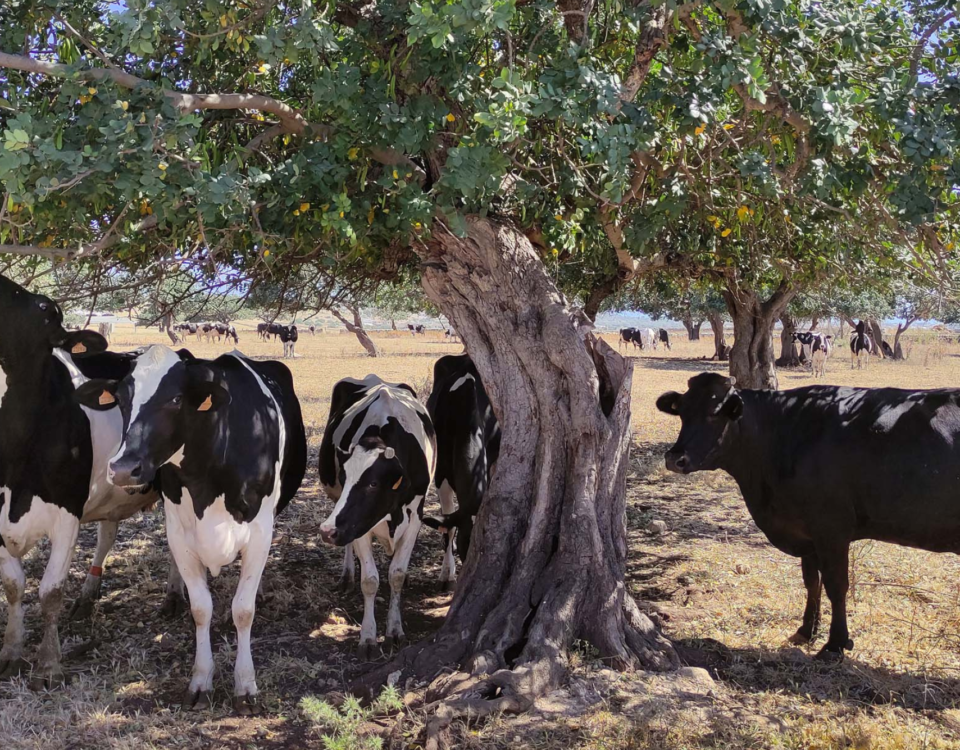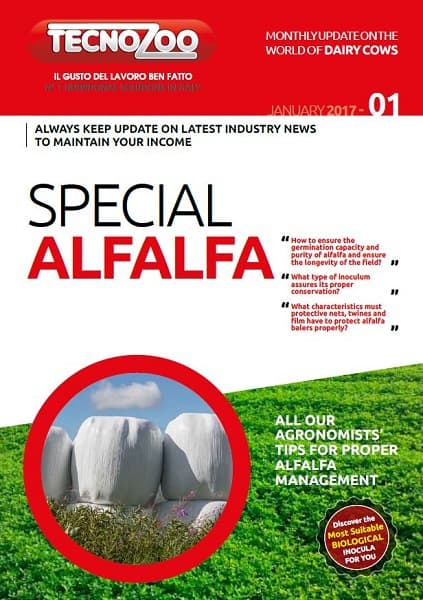
Gli ultimi studi su stress termico e gravidanza nelle vacche da latte
Giugno 14, 2021
The integration of vitamin E and selenium in the poultry sector
Giugno 22, 2021We have often talked about oxidative stress and antioxidant substances that can be integrated into the diet to counteract adverse effects.
This article will address the unfavourable effects of oxidative stress on the sow’s reproductive performance and the role of vitamin E and selenium in modulating its effects.
Surai and Fisinin (2016) demonstrated how oxidative stress and the reproductive performance of sows are closely related.
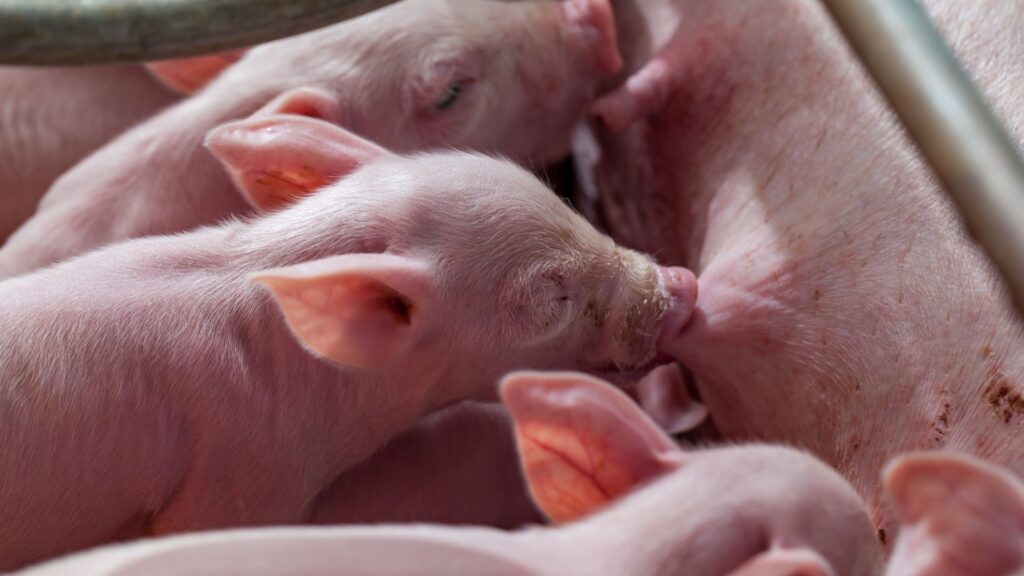
OXIDATIVE STRESS
Oxidative stress is caused by the imbalance in cells between the concentration of antioxidant and oxidant molecules such as reactive oxygen species (ROS). Reactive oxygen species (ROS) are continuously produced in the course of aerobic cellular metabolism. Still, their production exceeds the ability of the body’s antioxidant system to remove them when stressful conditions occur.
Reactive oxygen species (ROS) negatively affects the maturation of oocytes and the development of the embryo.
This is linked to their high reactivity with polyunsaturated fats associated with phospholipids present in the cell membranes of oocytes and embryonic cells, leading to lipid peroxidation and involves a chain reaction until the death of the cell.
EFFECTS OF VITAMIN DEFICIENCY AND INTEGRATION AND ON REPRODUCTIVE PERFORMANCE

It has been shown that vitamin E deficiency in the sow can cause fetal resorption phenomena and negatively affect the development and health of piglets, with a significant negative impact on the farm.
Conversely, studies of vitamin E supplementation during gestation have shown an increase in litter size and reduced pre-weaning piglet mortality.
However, while the minimum level of vitamin E to avoid deficiency phenomena has been determined [12-22 IU/Kg (NRC, 1998)], the optimal level of vitamin E, necessary to improve reproductive parameters, has never been determined. Due to the various managerial factors that can interfere with studies of this type and alter the needs of this vitamin with an antioxidant role, essential in cases of stress.
IMPROVING THE ANTIOXIDANT STATE OF THE SOW TO INCREASE THE REPRODUCTIVE PERFORMANCE
The antioxidant status of animals can be improved by dietary supplementation of antioxidants, including vitamin E and antioxidant enzymatic cofactors, such as selenium, an essential component of at least 25 selenoproteins at most minuscule 16 selenoproteins have an antioxidant role.
Several studies support the importance of vitamin E on sow fertility.
It is widely accepted that the integration of vitamin E before and after fertilization has positive effects on the fertility rate and, therefore, on litter.
The integration of vitamin E during the last phase of gestation and lactation, on the other hand, helps prevent problems related to the survival and development of the pig.
Lin Wang et al., 2016 reports that supplementing this vitamin up to a level of 250 IU/kg in the seven days preceding childbirth and up to 21 days after that increases the concentrations of α-tocopherol (In its standard form, it contains vitamin E in animals) in the milk and plasma of the sow, as well as in the plasma of the piglets.
The introduction of this vitamin in the sow’s diet led to eater piglets and antioxidant capacity in both sow and piglets.
THE ACTION OF VITAMIN E

Vitamin E is a fat-soluble vitamin present in the diet in variable quantities.
It is a multifunctional vitamin essential for the integrity and optimal functioning of the urogenital, muscular, circulatory, nervous and immune systems.
The primary food sources of vitamin E are wheat germ, alfalfa, bran and by-products of milling.
The primary role of vitamin E is as a membrane antioxidant. Vitamin E binds to phospholipids and “traps” free radicals to avoid lipid peroxidation, a phenomenon we have mentioned and inevitably leads to permanent damage to the organism’s cells and, in our case, to oocytes and embryonic cells. The interruption of the peroxidation of fats at the membrane level by vitamin E (a chain reaction that, if not interrupted, leads to the death of the cell itself) is a degenerative phenomenon induced by free radicals (ROS).
THE ACTION OF SELENIUM

It is well known how some functions of vitamin E can be fulfilled in whole or in part thanks to the co-presence of traces of selenium. The antioxidant action of vitamin E increases linearly to the levels of selenium inclusion in the diet, which is why vitamin supplementation is associated with that of selenium; their functions are so closely related that it is suspected that there are still unexplored functions of their synergy of action, especially regarding their role in the immune system.
EVIT LIQUIDO
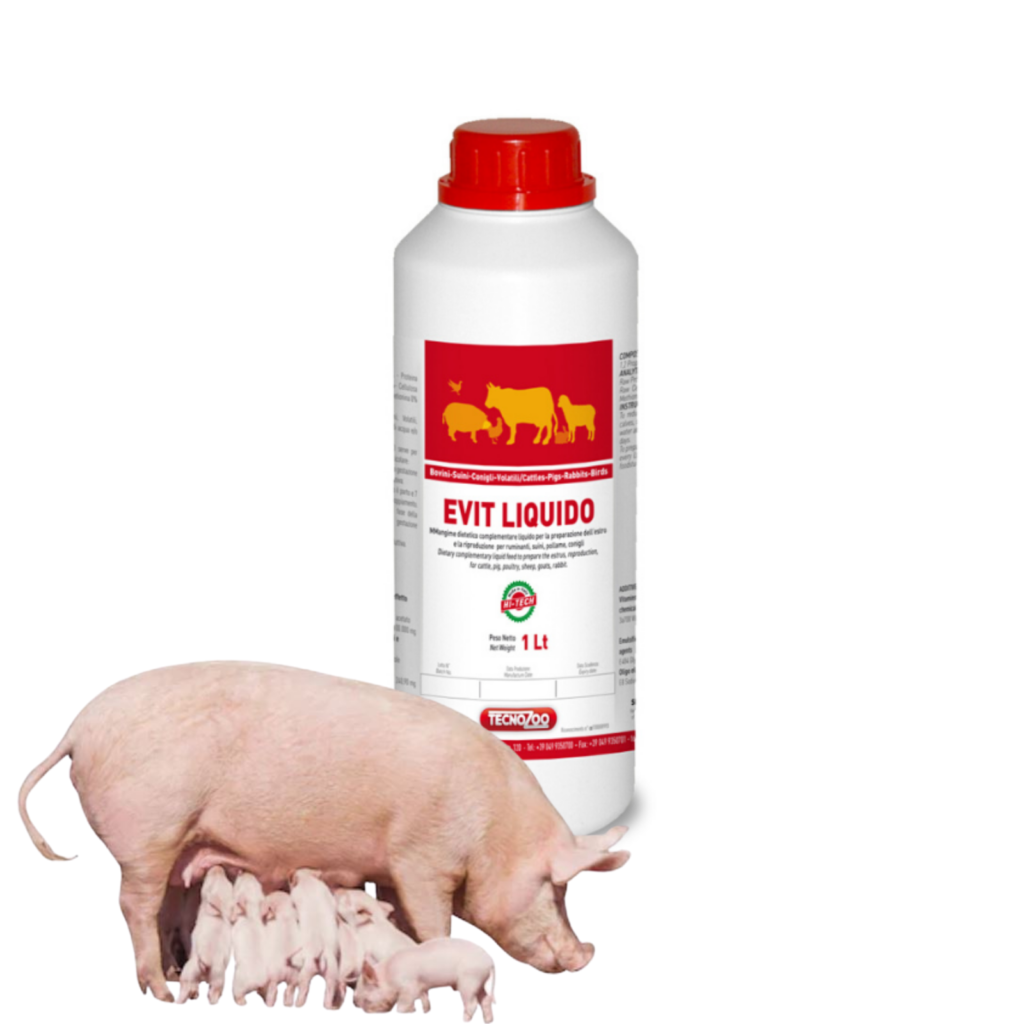
Evit liquido is a liquid complementary dietary feed for the preparation of estrus and reproduction for pigs. EVIT LIQUID provides vitamin E and selenium to supplement the sow’s diet.
Its use is indicated in the sow in periods such as mating, the last stage of gestation and the first stages of lactation.
Follow us on instagram> https://www.instagram.com/tecnozoo/
Follow us on facebook> https://www.facebook.com/tecnozoo/
